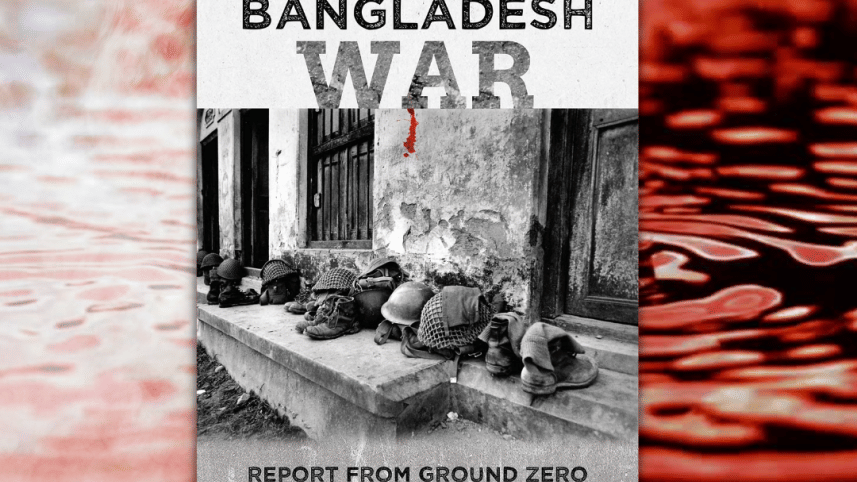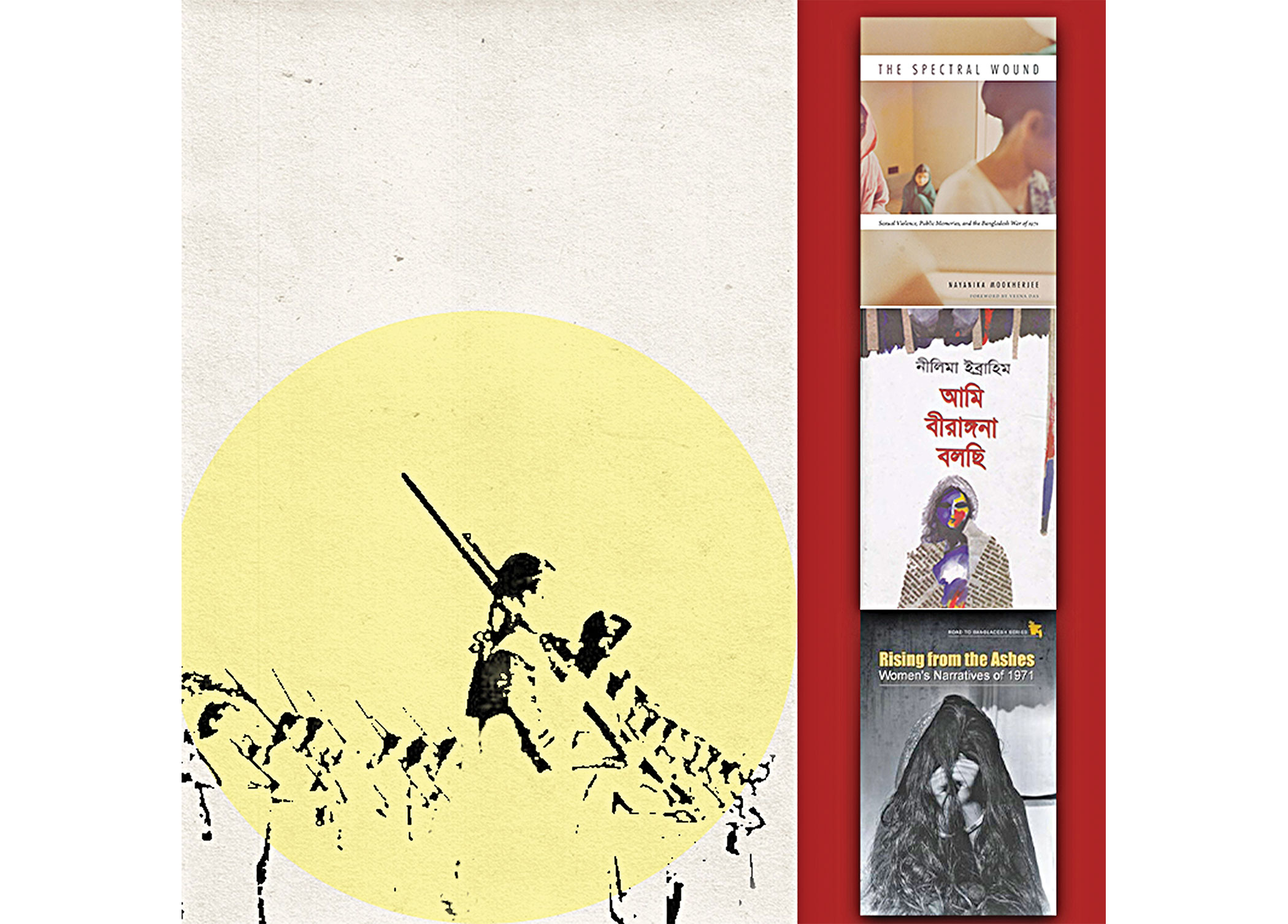Manash Ghosh's ' Bangladesh War': Dispatches of independence

The Bangladesh Liberation War fought in 1971 created history in many ways. In addition to the formation of the People's Republic of Bangladesh, it was also what changed the ties between India and Pakistan, forever.
Author Manash Ghosh was one of the few Indian journalists who covered the entire event from the very beginning till the historical surrender of Pakistan on December 16, 1971. Both before and after the war, he continued to use his pen and fight for the restoration of democracy in Bangladesh. Ghosh was denied a visa for eight years to Bangladesh for his anti-government writings, and despite being blacklisted by the then PM of Bangladesh, Begum Zia, he went on to become the country's 'Manashda'.
The shades of grey on the muted cover of Bangladesh War: Report from Ground Zero (Niyogi Books, 2021) sets the tone of the book perfectly. It presents a black and white picture of shoes and helmets of army officials lined up before a wall with only doors and windows visible, depicting the missing men who have either been killed in the war or have been taken as prisoners. Only a splatter of blood represents the aftermath of a war.
In his book, Ghosh gives us an insider view of how the muktijuddho was planned meticulously for years before being executed, starting with a detailed background of how it all began, to taking the reader deep inside East Pakistan.
Ghosh was on great terms with senior Awami League leaders at the time and commanders of the Mukti Bahini. This has ensured that many hitherto unknown facts have been revealed in the book, making it a gripping read. One of the many things that the writer brings to the reader's attention is that the upheaval behind the war had been triggered by a natural disaster.
With a detailed sequence of events, accompanied by pictures, dates, and names, Bangladesh War resembles a journalist's diary. Ghosh's tone is neither that of a critic nor a judge. He is neutral throughout the book, like a keen observer who just narrates what he has seen.
"What the Jews were to Hitler, the Hindus were to Niazi", Ghosh writes. He narrates the series of incidents with its ugliness and nakedness intact. While the atrocities and the loss of lives are traumatic to read and relive, it is heartwarming to read about the love and support extended to Ghosh. As it is in any war, women and children continue to be the number one casualty, closely followed by the poor. It is devastating to recall the horrors of the war and witness the brutalities at close quarters in these pages.
Sheikh Mujibur Rahman's planning and preparation, which eventually led to the birth of Bangladesh, are inspiring to read about. He worked on it painstakingly for three decades, liasioning with three successive Indian prime ministers, his goal clear, which helped him in gaining a mass following.
The book also stands as a testimony to the struggles of a journalist on the field. Ghosh faced immense challenges, threats, and attacks while reporting this war for years. Yet, he overcame it all to become the much-loved 'Manashda' for everyone, from the common man to the powerful political leaders of the country, owing to his passion for this cause and the desire to report nothing but the truth.
This book is a recollection of tumultuous events at a visceral level. Ghosh has captured memories, mistakes, and mind games brilliantly in his narration. The series of incidents both before and after the war are extremely important in the geopolitical history of the subcontinent. Though it was a war for freedom, it impacted South Asia in countless ways.
Namrata is a writer, a digital marketing professional, and an editor at Kitaab literary magazine.



 For all latest news, follow The Daily Star's Google News channel.
For all latest news, follow The Daily Star's Google News channel. 
Comments